![]()
In a career spanning forty years, Richard Linklater has become one of the masters of exploring time and memory. From works like Boyhood and Waking Life, to Apollo 10 ½ and the Before Trilogy, Linklater has deftly, with great care and nuance, explored precisely what it means to want, to exist and to move through life, reflecting on the myriad forms of existence and experience. Here, in Blue Moon, he has once again masterfully dipped into the familiar well.

Courtesy Sony Pictures Classics
Once against casting his muse, Ethan Hawke, this time as Lorenz Hart, Linklater has crafted a film-along with screenwriter Robert Kaplow, who also wrote Me and Orson Welles, for Linklater-that is both celebratory eulogy and clear-eyed look at the stages of grieving. Here, on the night Rodgers and Hammerstein debut Oklahoma! we find Lorenz Hart, the former lyricist for Richard Rodgers, ducking out of the performance to hang out at Sardi’s, ahead of the party for cast and crew. Once there, he begins holding court with those already present, including a piano player, a bar tender and a celebrated man of letters. He discusses topics from his attraction-despite being homosexual-to a young college student, an attraction based on their connection over art and aesthetic beauty. The student is played by Margaret Qualley, who until quite late in the film, is underseen.
The cast in this film, along with the dialogue, is really where the action is at. Bobby Cannavale, as Eddie the bartender, provides much of the levity and a certain charm that the sadly tired in life and grasping too tightly to the past Hart cannot. Patrick Kennedy, in a few brief moments as that man of letters-this reviewer will not spoil the character-creates a highly memorable, fully fleshed human being. One that Hart connects to more genuinely than anyone else in the film, aside from Rodgers. Eddie, a friend, seems to be there mainly as a source of booze and laughter, rather than real depth.

Courtesy Sony Pictures Classics
As Rodgers, Andrew Scott continues to build on his brilliant resume, showing he can do absolutely anything he wants. Here, he runs the gamut from annoyance and fury to sadness and trepidation, from heartbreak and melancholy, to joy and flirtation. Yet, nobody in the film gets to do what Hawke does, here. Indeed, outside of a stage play, very few actors get to do what Hawke is asked to do, in this film.
His Lorenz Hart has at times, elements of other great, theatrical roles. There are moments you can close your eyes and think this might be Willy Loman, Troy Maxon, Theodore “Hickey” Hickman or Edmund Tyrone, to name a few. The range of emotions and meditations on life, love, loss, memory and the way we move through our existence, is all present. What could at first seem annoying or cliched, becomes by the final frame, a rich portrait of a shattered artist who could never quite get himself together. He had advice and a smile for others, as well as occasional barbs, but never enough for himself, even though he was truly the center of his own universe, as much as he needed others in order to be happy. Now, he feels passed by, and he may just be correct in his belief.

Courtesy Sony Pictures Classics
Nearly the entire proceedings of this story takes place in Sardi’s, either in the lounge or in a bathroom or coat closet. As such, the film can have a very “stagey” feeling, yet it is never inert. This is thanks to editing, cinematography and direction which keep the film flowing and alive. Add in excellent costumes and production design, which perfectly evoke the period and place, and you have a film that is not just among the best of the year, so far, but among the better films in Linklater’s impressive filmography. Do not miss this one.
Blue Moon opens in theaters on October 24th.



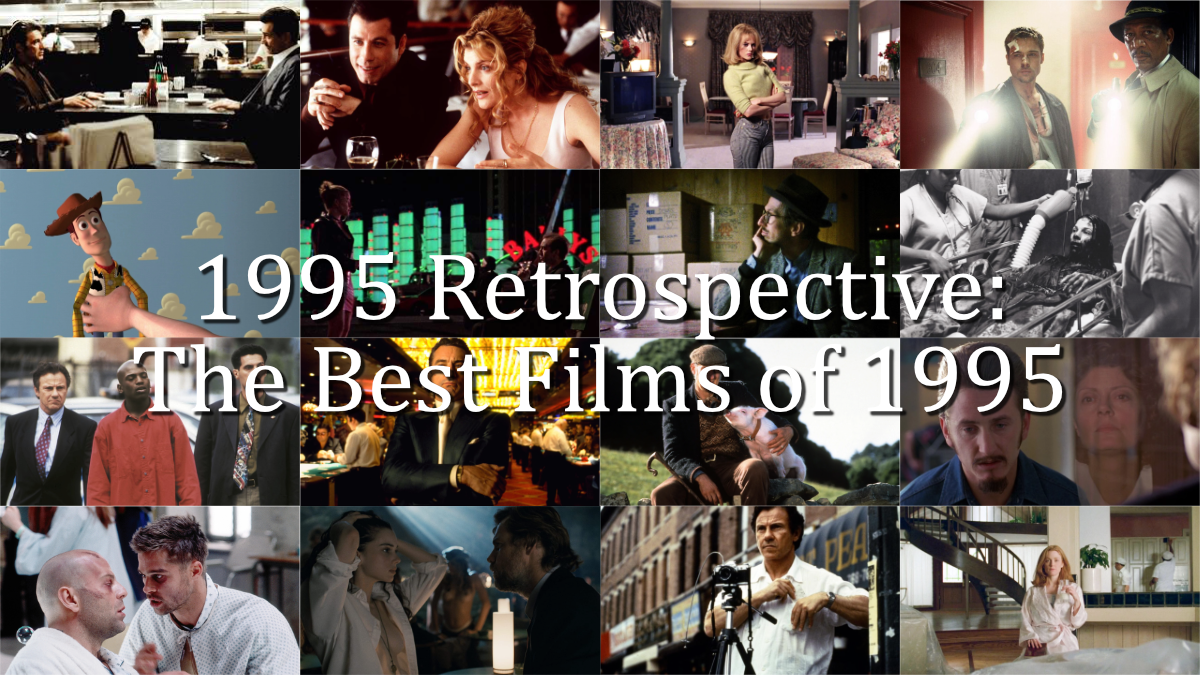
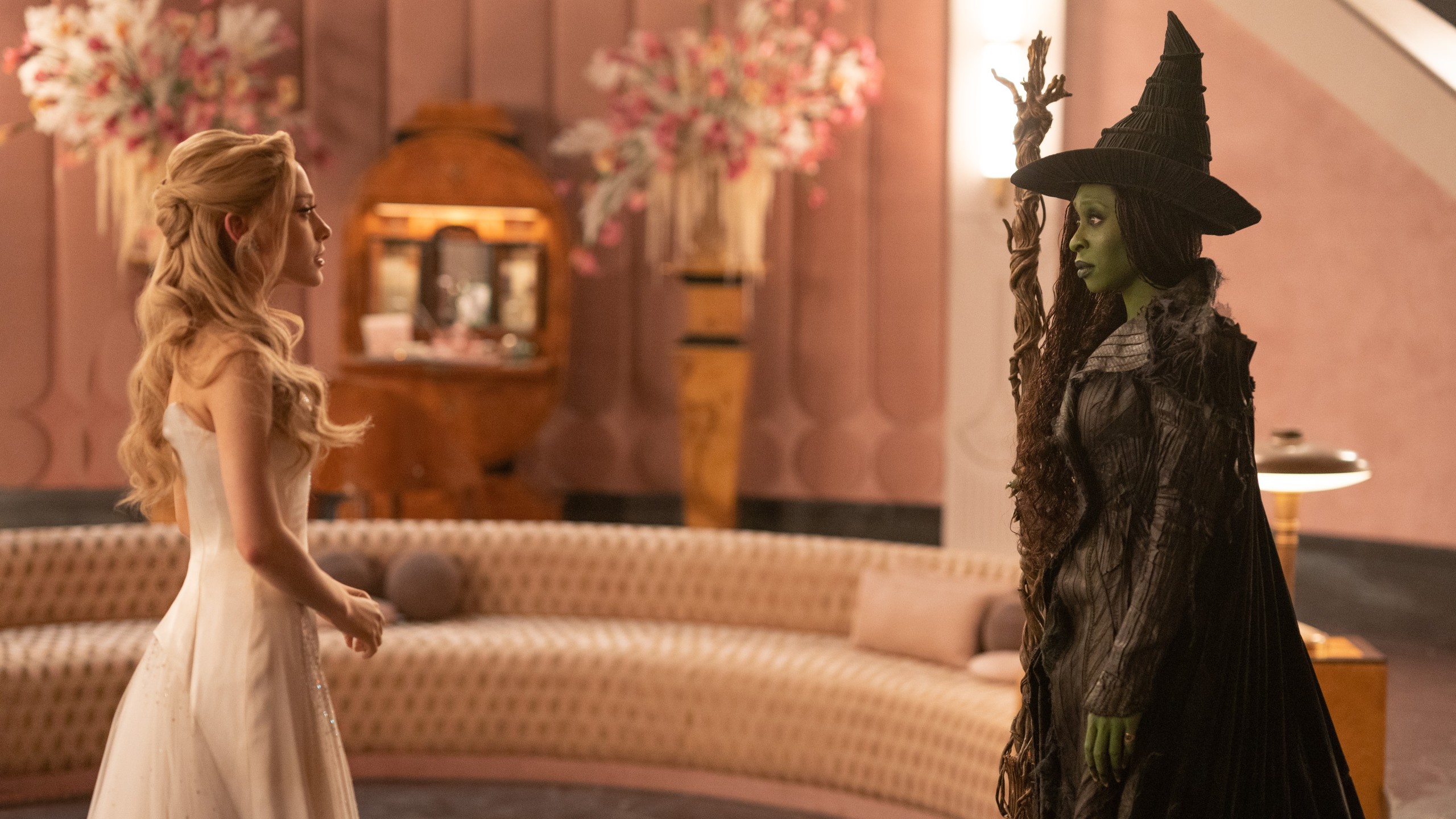
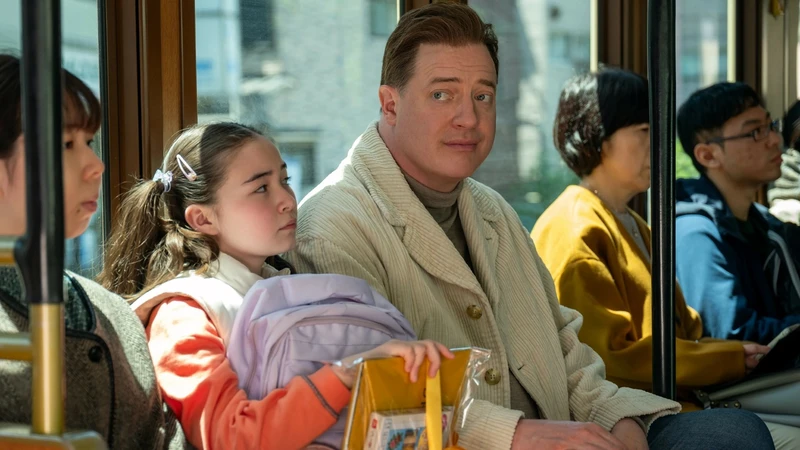
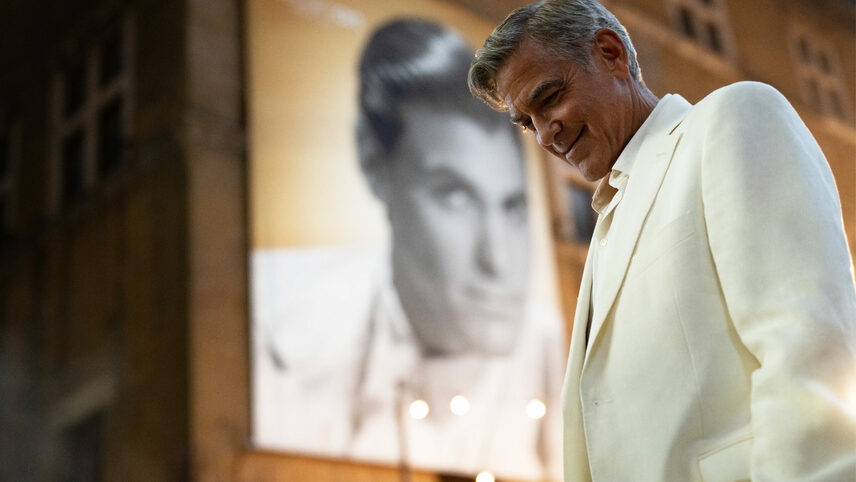
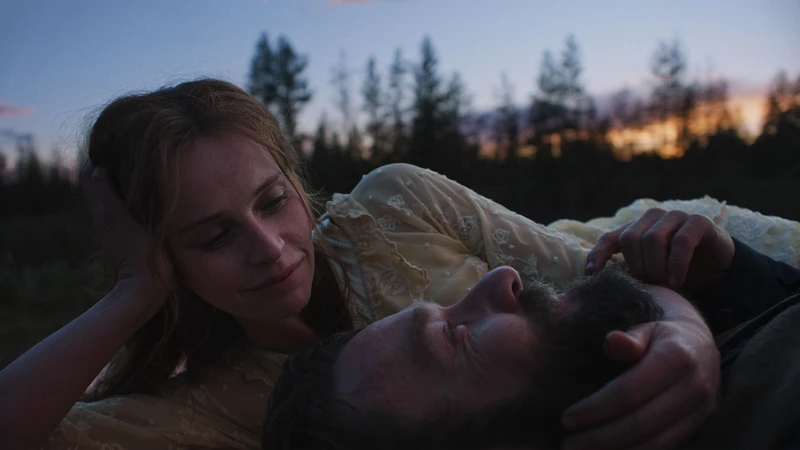
Wow… this looks really good with great acting!
Cannot wait to see this. Love Linklater